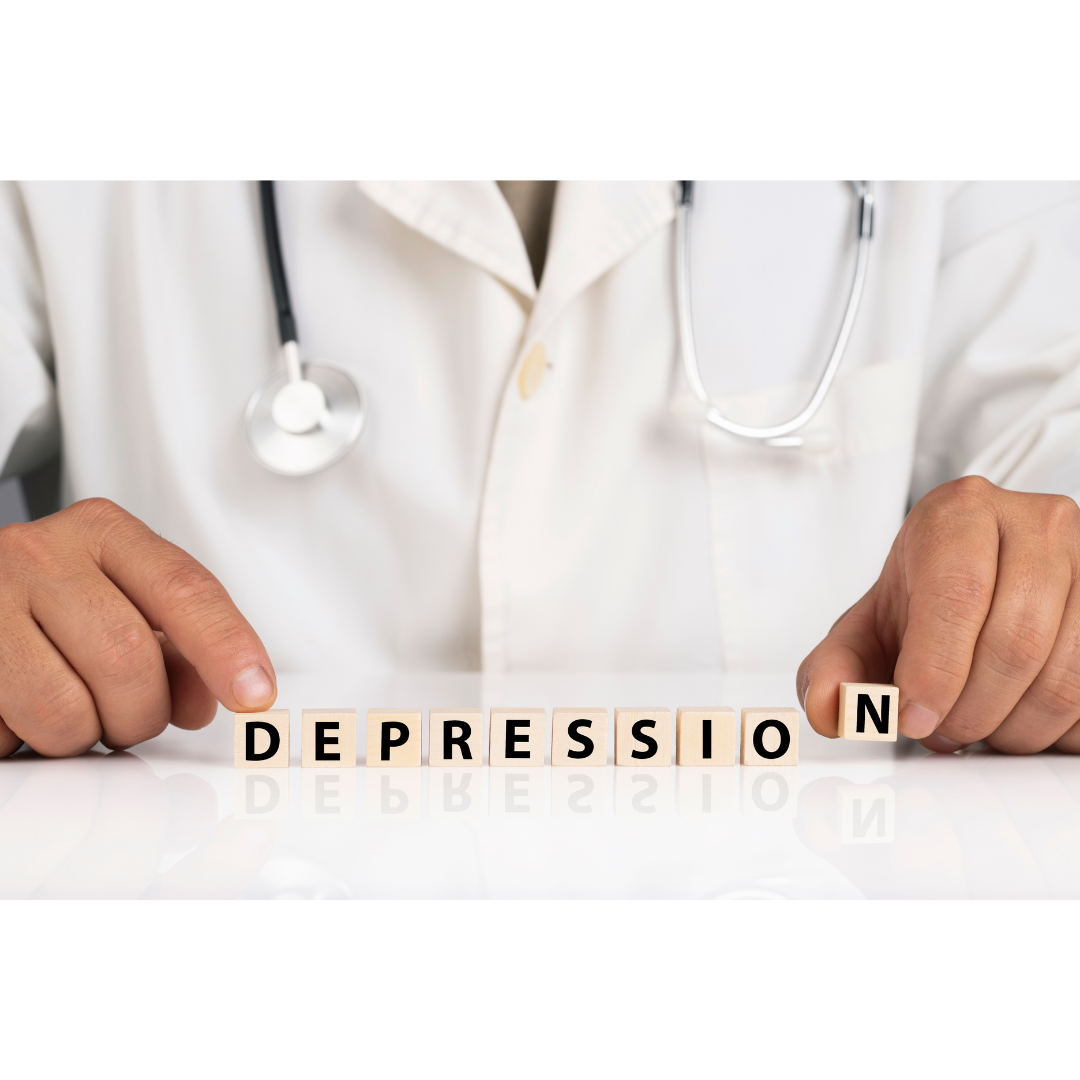
Understanding Depression Screening and Why It Matters
Share
Let's get real for a minute. We all have those days when we feel a bit down. But what happens when those "down days" turn into weeks or even months? And how does that impact your relationships? If you're wondering if depression might be playing a role in your life, or in the life of someone you care about, you're in the right place.
Recognizing the Signs: Is It Just a Bad Mood, or Something More?
Depression isn't a one-size-fits-all experience. It shows up differently for everyone, but there are some common signs to watch for:
- Loss of Joy: Do you or your partner find less pleasure in things you used to love? Even those date nights that were once a highlight?
- Sleep Struggles: Are sleep patterns disrupted? Too much or too little sleep can be a red flag.
- Negative Self-Talk: Constant feelings of worthlessness or guilt can strain any relationship.
- Low Energy: Feeling constantly tired can make it hard to connect and engage with your partner.
- Changes in Behavior: Noticeable changes in movement or speech, like slowing down or increased restlessness.
- Difficulty Focusing: Trouble concentrating on conversations or shared activities.
If these feelings persist, it's more than just a bad mood. It might be depression. And it can significantly impact your connection with others.
Why Screen for Depression? Especially in the Context of Relationships
Imagine trying to build a house on a shaky foundation. That's what a relationship can feel like when depression is present. Depression screening isn't just about individual well-being; it's about strengthening your connection. Here's why it's important:
- Early Intervention, Stronger Bonds: Catching depression early means you can address it before it seriously damages your relationship.
- Understanding Each Other Better: A screening can help you and your partner understand the depth of what you're both going through.
- Identifying Relationship Triggers: Sometimes, relationship dynamics can contribute to depression. Screening can help pinpoint those triggers.
- Getting the Right Support Together: A professional can guide you and your partner towards healthier ways of communicating and coping.
- Tracking Progress, Strengthening Connection: Regular check-ins help you both see how far you've come, reinforcing your commitment to each other.
Who Should Consider Screening? And When?
If you or your partner are experiencing any of the signs mentioned earlier, or if you're going through major life changes, it's worth considering. Also, if there is a family history of depression, or chronic illness present, talking to a professional is a good idea.
How to Get Screened: Taking the First Step
- Talk to a Doctor or Therapist: They can provide a professional assessment.
- Online Screenings: There are reliable online tests available, but always follow up with a professional.
The results of a screening will give you a better understanding of your symptoms and help you determine the next steps.
Spreading Awareness: Let's Break the Stigma Together
National Depression Screening Day (first Thursday of October) is a great reminder to prioritize mental health. Share resources, talk openly about your experiences, and encourage others to seek help.
By addressing depression, you're not just improving your individual well-being; you're investing in a healthier, stronger relationship.
If you feel that depression might be impacting your relationship, consider talking to a mental health professional.
Remember, You're Not Alone
If you or someone you know is struggling, there's help available. The National Suicide Prevention Lifeline (988 or 800-273-TALK (8225)) is there 24/7.

